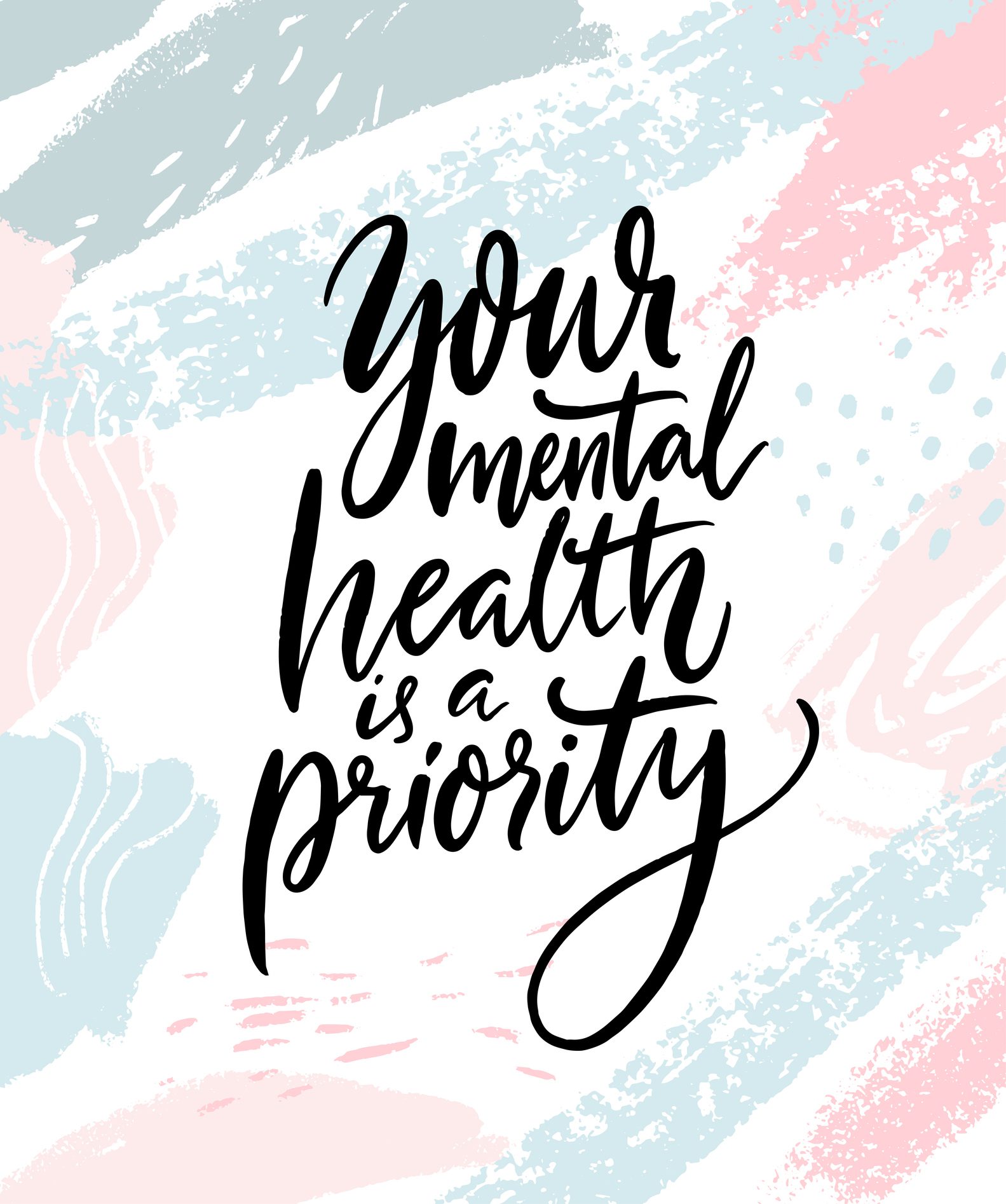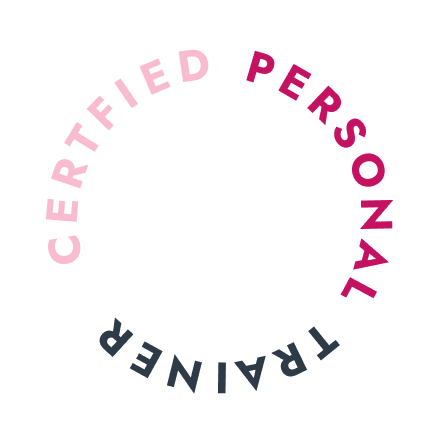Mind and Body: The Ultimate Power Couple
We often talk about physical health and mental health as if they’re completely separate things. But the truth? They’re incredibly interconnected! Your thoughts affect your body, and your physical habits influence your mind. Let’s explore this powerful connection and discover practical ways to boost your mental wellbeing (with a special focus on how moving your body can transform your mood).
Understanding Stress: Your Body’s Alarm System
Stress isn’t always bad – it’s your body’s natural response to challenges. A bit of stress can actually help you perform better! But when stress becomes chronic, it can cause all sorts of problems:
- Physical effects: Headaches, muscle tension, digestive issues, sleep problems
- Emotional effects: Irritability, anxiety, low mood, feeling overwhelmed
- Behavioural effects: Withdrawing from others, unhealthy coping habits, procrastination
The good news? You can learn to manage stress effectively!
Stress-Busting Strategies That Actually Work
Quick Stress Relievers (2-5 minutes)
- Box breathing: Inhale for 4 counts, hold for 4, exhale for 4, hold for 4, repeat
- 5-4-3-2-1 technique: Notice 5 things you can see, 4 things you can touch, 3 things you can hear, 2 things you can smell, and 1 thing you can taste
- Progressive muscle relaxation: Tense and then relax each muscle group in your body
- Quick movement break: Do 10 jumping jacks, a quick stretch, or a walk around the block
- Cold water splash: Run your wrists under cold water or place a cold cloth on your forehead
Daily Stress Management Habits
- Move your body regularly – Even 10 minutes makes a difference!
- Prioritise sleep – Everything feels harder when you’re tired
- Stay hydrated and nourished – Your brain needs proper fuel
- Connect with supportive people – Social bonds buffer stress
- Create boundaries – It’s okay to say no sometimes
- Spend time in nature – Even city parks provide benefits
Mindfulness: Being Present in a Distracted World
Mindfulness means paying attention to the present moment without judgment. It’s not about emptying your mind – it’s about noticing what’s happening right now, both around you and within you.
Why Mindfulness Matters
- Reduces rumination about the past and worry about the future
- Helps you respond thoughtfully rather than react automatically
- Increases enjoyment of pleasant experiences
- Builds self-awareness and emotional intelligence
- May actually change your brain structure in positive ways over time
Easy Ways to Practice Mindfulness
- Mindful eating: Really taste your food, notice textures and flavours
- Mindful walking: Feel each step, notice your surroundings, tune into your senses
- Body scan: Systematically notice sensations throughout your body
- Single-task focus: Do one thing at a time with full attention
- Mindful listening: Really hear what someone is saying without planning your response
- Everyday mindfulness: Fully engage in routine activities like showering or making tea

The Exercise-Mental Health Connection: Nature’s Antidepressant
Exercise isn’t just about building muscle or losing weight – it’s one of the most powerful tools we have for mental wellbeing! Here’s why movement is magic for your mind:
The Science Behind the “Feel Good” Effect
- Endorphins: Your body’s natural mood elevators, released during physical activity
- Brain-derived neurotrophic factor (BDNF): A protein that helps your brain cells grow and form new connections
- Reduced inflammation: Exercise helps manage inflammation, which is linked to depression
- Improved sleep: Regular activity helps regulate your sleep cycle, which is crucial for mental health
- Stress hormone regulation: Exercise helps lower cortisol (the stress hormone) over time
Mental Health Benefits of Regular Movement
- Reduced symptoms of depression and anxiety
- Better stress management
- Improved self-esteem and body image
- Sharper thinking and memory
- Enhanced resilience to life’s challenges
- Greater sense of accomplishment and capability
Finding Your Mental Health Movement Match
The best exercise for mental health is one you’ll actually do! Consider these options:
- For anxiety reduction: Rhythmic activities like walking, swimming or cycling
- For stress relief: Yoga, tai chi or other mindful movement
- For boosting mood: Anything that gets your heart rate up – dancing, boxing, team sports
- For social connection: Group fitness classes, team sports, walking clubs
- For nature benefits: Hiking, trail running, outdoor yoga, gardening
How Much Exercise Do You Need for Mental Health Benefits?
Good news – you don’t need marathon training to see mental health improvements! Research suggests:
- As little as 10-15 minutes of movement can boost mood
- The biggest mental health benefits come from 30-60 minutes of moderate activity several times a week
- Even gentle movement like walking provides significant benefits
- Consistency matters more than intensity
Creating Your Mental Wellbeing Toolkit
Everyone’s mental health toolkit looks different, but here are some reliable tools to consider:
For Prevention (Daily Practices)
- Movement you enjoy
- Adequate sleep
- Nourishing food
- Social connection
- Moments of mindfulness
- Time in nature
- Activities that bring joy and meaning
For Tough Times (Extra Support)
- Deeper breathing practices
- Journaling about thoughts and feelings
- Talking with supportive friends or family
- Professional support when needed (therapy, coaching, etc.)
- Extra self-compassion and patience
- Simplified routines and expectations
When to Seek Additional Support
While lifestyle habits like exercise and mindfulness are powerful, sometimes you need more support – and that’s completely okay! Consider talking to a healthcare professional if:
- You’re feeling overwhelmed by stress, anxiety or low mood
- Mental health challenges are interfering with daily life
- You’re using unhealthy coping mechanisms
- You’ve experienced trauma or major life changes
- You just feel like something’s not right
Remember: seeking help is a sign of strength, not weakness. Even professional athletes have coaches!
Mini Mental Health Challenges to Try This Week
Pick one of these to focus on over the next 7 days:
- The movement mood boost: 10 minutes of movement daily – anything that feels good
- Mindful moments: Three 1-minute mindfulness pauses throughout each day
- Nature prescription: Spend at least 15 minutes outdoors daily
- Gratitude practice: Note three things you’re grateful for before bed
- Connection challenge: Reach out to one person each day for a meaningful interaction
The Bottom Line
Your mental health deserves as much attention as your physical health – and the beautiful thing is that caring for one naturally supports the other! By incorporating regular movement, mindfulness practices, and stress management techniques into your life, you’re building resilience against life’s inevitable challenges.
Remember that mental wellbeing isn’t about feeling happy all the time – it’s about having the tools to navigate the full range of human emotions. Be patient with yourself, celebrate small wins, and know that investing in your mental health is always time well spent.
Here’s to a healthier mind and body! 💪😊
